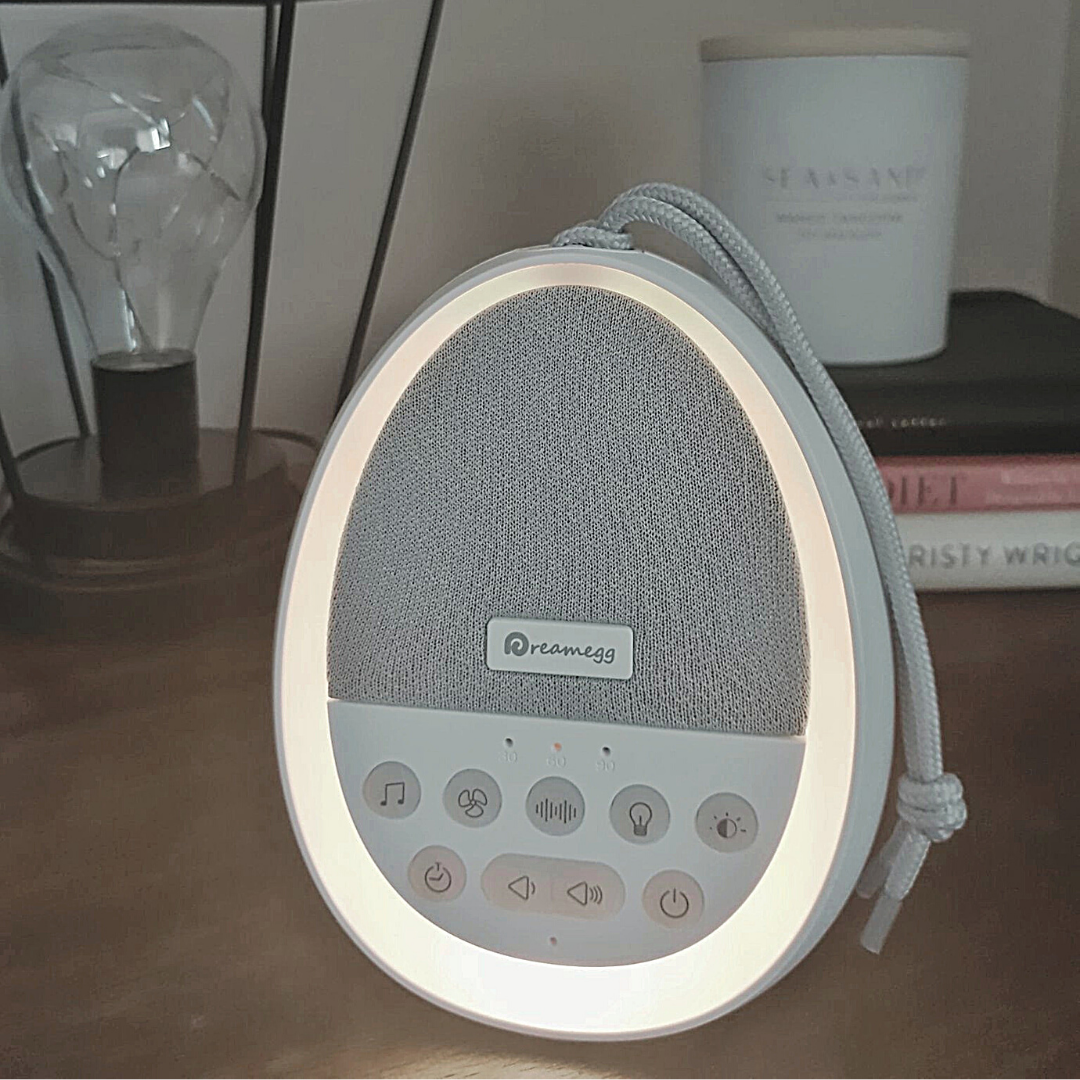|
|Most of us have taken the guidance of many people since we were children. We might call them teachers, coaches, mentors or guides. These terms are often used interchangeably so that we think of them as the same.
However, there are differences between them, and there are especially differences between a mentor and a life coach. If you are thinking about hiring a life coaching mentor, it is a good idea to learn more about these differences. Understanding what these differences are will get you on the road to developing yourself more effectively.
Please note: This article does not contain healthcare or therapeutic advice. If you are concerned about your health or well-being, speak with a health professional or visit your nearest medical facility in an emergency. The links in this article may be affiliate links that I will be compensated for at no additional cost to you.
What is the difference between mentoring and life coaching?
First, there is a difference in focus. Coaching is more related to issues or tasks. A life coach is in charge of teaching you certain skills so you can better manage issues and events in your life. Working with a Life Coach (Primary Self) is an investment in yourself and your future and can help you exceed in the areas of life you want to focus on. The coach may be an expert in the role or task and will train you on things such as how to choose the career best for you, how to speak in public, and how to think strategically. On the other hand, mentoring is more focused on relationships. A mentor develops a more personal bond with you. He shares the situations and factors that affect personal and professional success and failure. A mentor provides guidance that goes beyond skills and expertise by including things including work and life balance, improving confidence, improving your self-image, and how personal and professional life affects each other. Second, coaching is generally for a shorter time. Coaching is about imparting skills and training that is needed for a certain job or task. Coaching involves improving your current skills in an area or acquiring new skills that are needed to attain a goal that you have in mind. Once that task is done, the relationship between the coach and you will be over, in many cases. But this does vary by the situation. Mentoring tends to be for a longer time. A mentor may begin with a goal, but will extend the guidance beyond expertise that is required for the job. He or she will extend their guidance beyond the expertise needed for a job. He will develop a personal relationship with you by sharing his experience, improving your confidence, and solving personal problems that affect your professional life. These activities can take much longer in your life. So, mentoring generally takes longer than traditional coaching. Third, there is a difference in the outcome. Life coaching is to improve performance. The overall goal of coaching is to enhance your performance in the task or by honing the skills needed to do the task. That is why the coach’s ability is seen based on your ability to do the task. Mentoring also is for developing your personality. It is done with the idea for overall professional and personal development. The mentor can assist in building confidence, boosting self-image and other personal aspects. So, the skills of the mentor are measured based on how well you develop. Fourth, there is a difference in design. Coaching does not always have to be pre-designed. Coaching can be commenced right away depending on the abilities and skills of the coach. If many coachees go to a coach, some design may be needed to devise a schedule of coaching hours and to evaluate the coachees based on how they perform. But for a smaller group, coaching can be begun right away without any design. Mentoring always has a pre-design. The design of this relationship is needed to determine what the purpose is of mentoring. It also is needed to understand vital performance areas, the mentoring models and components of the sessions for mentoring. The design is critical during matching processes when the relationship between the mentor and you is created. MENTAL HEALTH RESOURCE VAULTGreat!Check your email for instructions on how to access the Mental Health Resource Vault. :) Fifth, there is a difference in the involvement of the reporting manager. The reporting manager for the coachee plays a vital role in your coaching. He will give the coach feedback about any issues that come up in the coaching process. The coach utilizes this information to make the coaching process more personalized regarding your skills and abilities. In mentoring, the involvement of managers is not as prominent. Mentors also usually work in the development of coworkers. Many companies may assign a mentor relationship, but they also can just create themselves. Mentors also give detailed advice based on professional and personal expertise. Meeting agendas are often created by the mentee. The mentee usually benefits from the relationship by following what the mentor does to develop themselves. Note that coaches are expected to get training in a certain amount of mentor hours. This is so a current coach can help them to enhance their coaching skills. Now that you understand more about the differences between a mentor and a life coach, you should be able to choose which one you need to accomplish your goals. Related: How to Find the Right Therapist For You
The links in this article may be affiliate links that I will be compensated for at no additional cost to you. Want to start your own blog? Click here to learn how!
Comments are closed.
|
Welcome to the blog!↓ That's me, Heather. :)
MENTAL HEALTH RESOURCE VAULTGreat!Check your email for instructions on how to access the Mental Health Resource Vault. Categories
All
Popular Posts// 25 Positive Mindset Quotes
// Self-Care Bullet Journal Spreads // 7 Ways Your Physical Health is Connected to Your Mental Health |





 RSS Feed
RSS Feed
















